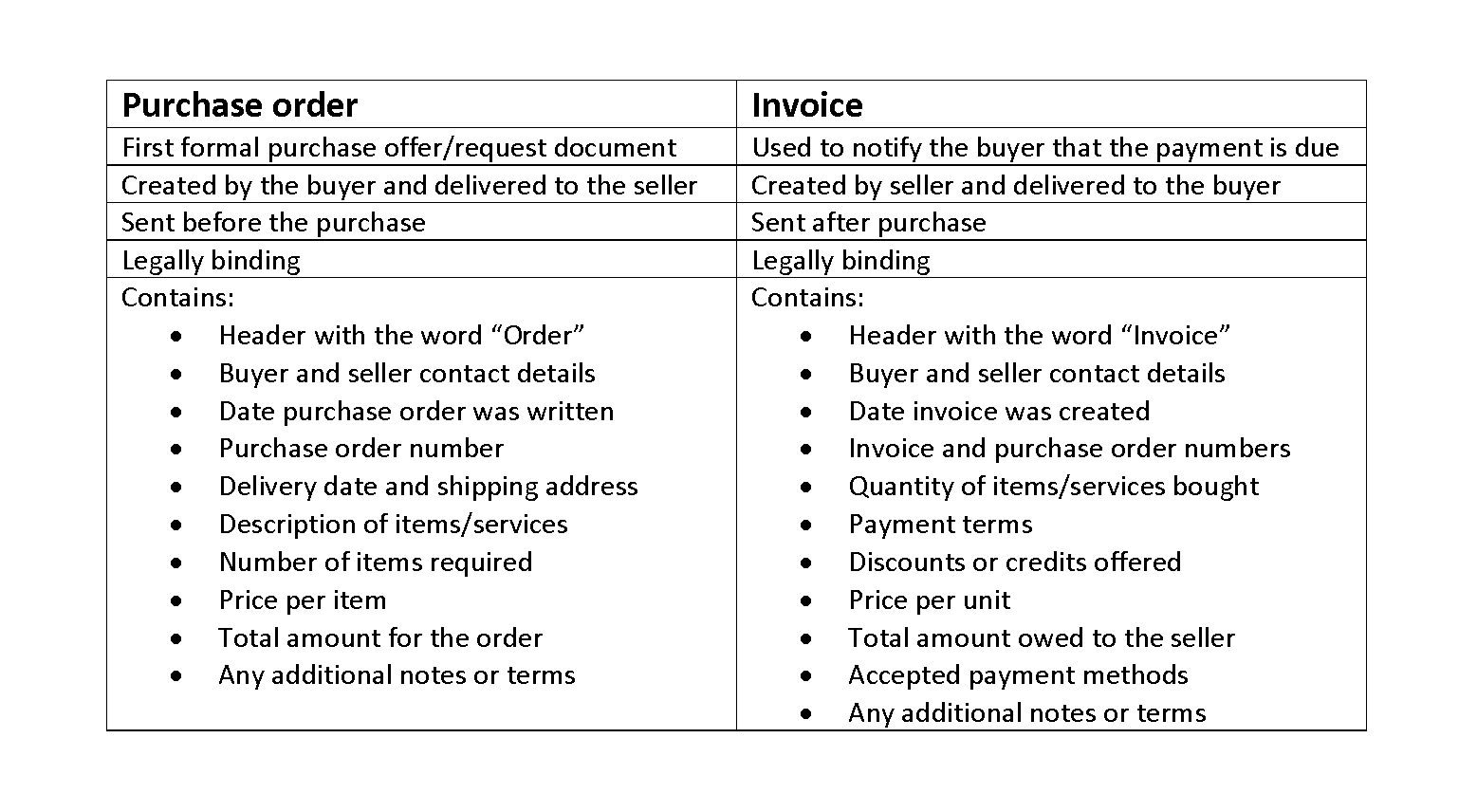
Considering alternative financial options besides invoice factoring can also be beneficial for comprehensive cash flow support. Selecting the right factoring company is crucial to maximizing the benefits of invoice factoring. One of the first steps is to evaluate the company’s reputation and experience. Businesses should look for firms with a proven track record, positive online reviews, and affiliations with reputable industry organizations like the International Factoring Association. Considering how long the factoring company has been in operation can also indicate stability and reliability. The income received from the invoice factoring company is generally taxable and should be reported as revenue.
Common Misconceptions of Invoice Factoring

This immediate cash flow can support better business operations and enhance overall financial stability. This option is invoice factoring also a swift solution for small business owners hoping to bridge a cash-flow gap they didn’t expect. For example, if a customer fails to pay a hefty invoice on time, you might not have enough in your bank account to pay your upcoming monthly expenses. You can use their invoice and other customers’ invoices to give to the factoring company to generate quick cash. With invoice financing, you use the proof of unpaid invoices from your accounts receivable to get a cash advance.
- For example, if you have a large invoice that needs to be paid immediately, a spot factor can provide funding for just that one invoice.
- The factor may terminate the agreement, claim all outstanding amounts, or pursue legal action, depending on the risk of nonpayment.
- Since there are multiple agreements by all parties and pre-approval checks, reverse factoring can be more involved to set up in the beginning.
- Invoice factoring allows staffing and recruitment agencies to meet payroll on time by selling their unpaid invoices.
- Factoring can actually enhance a company’s reputation as a reliable and financially stable business.
- When your business is expanding quickly, factoring provides the working capital you need to seize new opportunities without waiting for customer payments.
Scenario #2 – Invoice Discounting

Whole turnover factoring involves selling all the invoices over an extended Certified Public Accountant time period. It encompasses the company’s entire accounts receivable portfolio of business. Unlike traditional factoring which tends to be more of a stop-gap solution, whole turnover factoring provides consistent and continuous financing. It can be a difficult and lengthy process to qualify for many business financing solutions like lines of credit from banks, especially if you are in construction.
- Understanding your supplier’s business model can improve negotiation outcomes.
- Non-recourse factoring tends to be more expensive because of the additional risk.
- Choose a factoring company with a streamlined process and technology that minimizes paperwork and accelerates access to cash.
- Before selecting a factoring company, businesses should review the factoring proposal and other important variables.
- That’s why we think non-recourse factoring is the best for fast-growing businesses.
- The payments might get delayed, which, in turn, could hugely affect the business operations, affecting the demand and supply network adversely.
Who pays the factoring fee?
Some companies may also have industry restrictions, so look into their requirements before applying. Factoring can strengthen your financial profile, making it easier to secure other financing. In addition to all this paperwork, banks take time to assess everything and make a decision. You also can open a Cash Account offered by Atomic Brokerage which allows you to earn interest on your cash through a https://diyalogsaati.com/how-to-do-a-bank-reconciliation-8-steps-with-best/ cash sweep program.

FAQ About Invoice Factoring Agreements
However, understanding the costs, risks, and choosing the right factoring partner are crucial steps to maximize these benefits. Before opting for invoice factoring, businesses need to consider several factors. When facing negative cash flow and having many unpaid invoices, invoice factoring can be a viable solution to gain control over cash flow and simplify accounts receivable management. It’s vital to assess how and when your customers typically make payments to determine the feasibility of factoring. In the invoice factoring process, businesses sell unpaid invoices to a factoring company for immediate cash, improving cash flow.

The more you understand how and when money flows into your business, the better you can determine what you should use to access cash for your short-term needs. If your sales volume is high enough and your clients have good enough credit, you could end up with a low rate. What’s unique about factoring is that you can get a low rate, even with poor credit. Invoice factoring is available exclusively to B2B operations (enterprises that sell to businesses or the government). Recourse factoring protects the factor when receivables become delinquent, requiring you to repay the money advanced.
